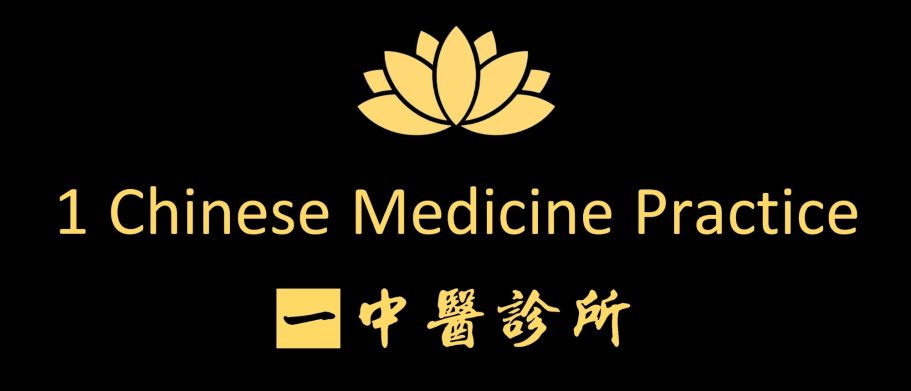What is Traditional Chinese Medicine (TCM)?
Traditional Chinese Medicine is a science that study the human body’s conditions to systematically determine the many factors and parameters of what is considered healthy (homeostasis), and the deviations (unhealthy or disease states) from that healthy state.
Harnessing the Power of Traditional Chinese Medicine in the Battle Against Long COVID
As the world grapples with the challenges and complications presented by COVID-19, it is becoming increasingly clear that the fight against this pandemic extends beyond the initial infection. The emergence of Long COVID, a persistent and complex condition....
Signs You're With a Skilled TCM Practitioner
Choosing the right Traditional Chinese Medicine (TCM) practitioner can feel like a daunting task, especially if you're new to this ancient form of healthcare. You might be asking yourself: 'How can I tell if this practitioner really knows what they're doing?'
How High-Resolution Diagnosis in TCM Can Dramatically Improve Your Treatment
In the world of Traditional Chinese Medicine (TCM), diagnostic prowess relies on four pillars—Inquiry (verbal communication), Inspection (visual assessment), Auscultation (listening to voice & detecting smell), and Palpation (pulse reading and tactile examination of the body).
How TCM Explains Chronic Insomnia and Its Risks
In Traditional Chinese Medicine (TCM), 'Qi' represents the physiological functions of the body's various systems and subsystems, and health is understood as the balanced operation of these functions.
Unlocking Hope: Exploring TCM Approaches to Enhance Brain Health in Alzheimer's
IIn the realm of Traditional Chinese Medicine (TCM), Alzheimer's disease is categorized into two primary pathogenic groups: the deficiency type and the blockage type.
© Copyright 2023. All rights reserved.
We need your consent to load the translations
We use a third-party service to translate the website content that may collect data about your activity. Please review the details in the privacy policy and accept the service to view the translations.






